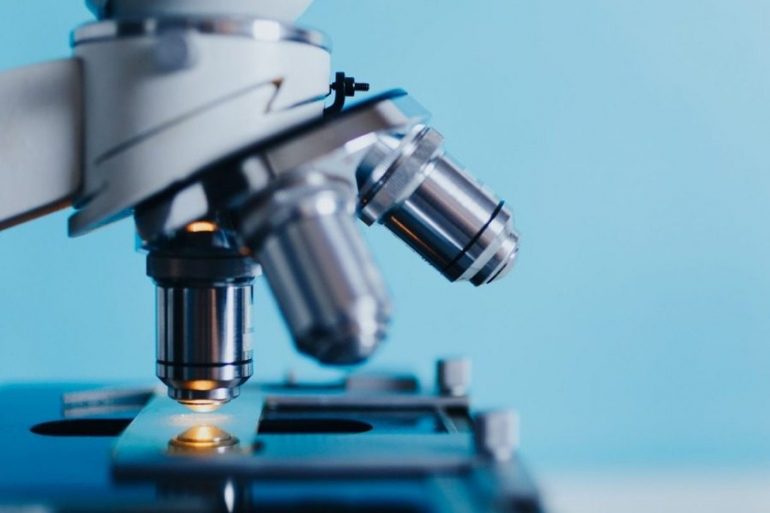UN Secretary-General Antonio Guterres has said that a future vaccine against the new coronavirus should be considered a "global public good" accessible to all at a $ 8,8 billion summit on vaccination in general.
The Gavi vaccine summit, attended by more than 50 countries and more than 35 heads of state and government, has surpassed $ 7,4 billion in donations over a five-year period, as promised. .
The money is expected to be used to continue global vaccination campaigns against rubella, polio and typhoid, which have been severely disrupted by the epidemic. Covid-19.
The meeting also aimed to call for funding to purchase and produce any future vaccine against the disease. Covid-19, as well as support for its distribution in developing countries. For this vaccine in particular, the goal of the Gavi Alliance - an international organization of public and private bodies to ensure equal access to vaccines - was to raise $ XNUMX billion.
"A vaccine against her Covid-19 "It must be considered a global public good, a vaccine for the people," the UN Secretary-General said at the start of the summit, stressing that a number of world leaders had called for it. He stressed that with the new coronavirus crisis, vaccination campaigns had stopped: "Twenty million children" are not fully vaccinated and "one in five children" are not vaccinated at all, Guterres said.
The web host of the online summit, British Prime Minister Boris Johnson, welcomed the choice of "unity" to "pave the way for global cooperation" as well as the determination to find a vaccine against the new coronavirus. "Group immunity" With almost 40.000 dead, Britain is the second country most affected by the virus.
The country is Gavi's largest sponsor with 1.65 1.85 billion ($ 2 billion, $ 1.6 billion) promises made over the next five years. They are followed by the Bill and Melinda Gates Foundation ($ 1.16 billion), the United States ($ XNUMX billion) and Norway ($ XNUMX billion).
France has pledged € 500 million and another € 100 million when the vaccine is available. The resources raised today “will be crucial to continuing routine vaccinations and to covering the delays that have accumulated in post-epidemic vaccination programs. Covid-19", Announced Unicef and the NGOs One and Action sante mondiale.
The summit comes at a time when the pandemic has intensified attacks on multilateralism, between US President Donald Trump's rupture with the World Health Organization and fears of US control over future vaccines. "As he showed, the coronavirus has no borders," Trump said in a brief speech. "It is dangerous, it is horrible but we will deal with it together," he said.
The pandemic of O.Covid-19 has caused nearly 386.000 deaths since the virus first appeared in China in late December, and the vaccine and treatment race has mobilized major pharmaceutical companies.
Oxfam has called for public money to be invested "in drugs and medicines without rights and available in all countries at cost", criticizing the "monopoly power of the pharmaceutical industry that stands in the way of a vaccine for the people". According to American philanthropist Bill Gates, whose foundation is heavily involved in vaccine research, pharmaceutical companies are working together to make their production capabilities available once a vaccine is developed, a key factor for most people to access.
"Once we have a vaccine, we will want to develop a group immunity," he said, adding that the vaccine is given to "more than 80% of the population".
In another development, three of the four authors of a controversial study published in the prestigious scientific review The Lancet on the use of hydroxychloroquine in patients with Covid-19 requested that this article be withdrawn today. According to the three scientists, the small company Surgisphere that provided the data, refuses to give full access to it to be examined by an independent source.
"We can no longer guarantee the accuracy of the sources of the preliminary data," the three said, noting that a fourth, who is the owner of the company that collected them, refuses to allow access. This study found that the administration of hydroxychloroquine to patients with Covid-19 increases the risk of dying.
